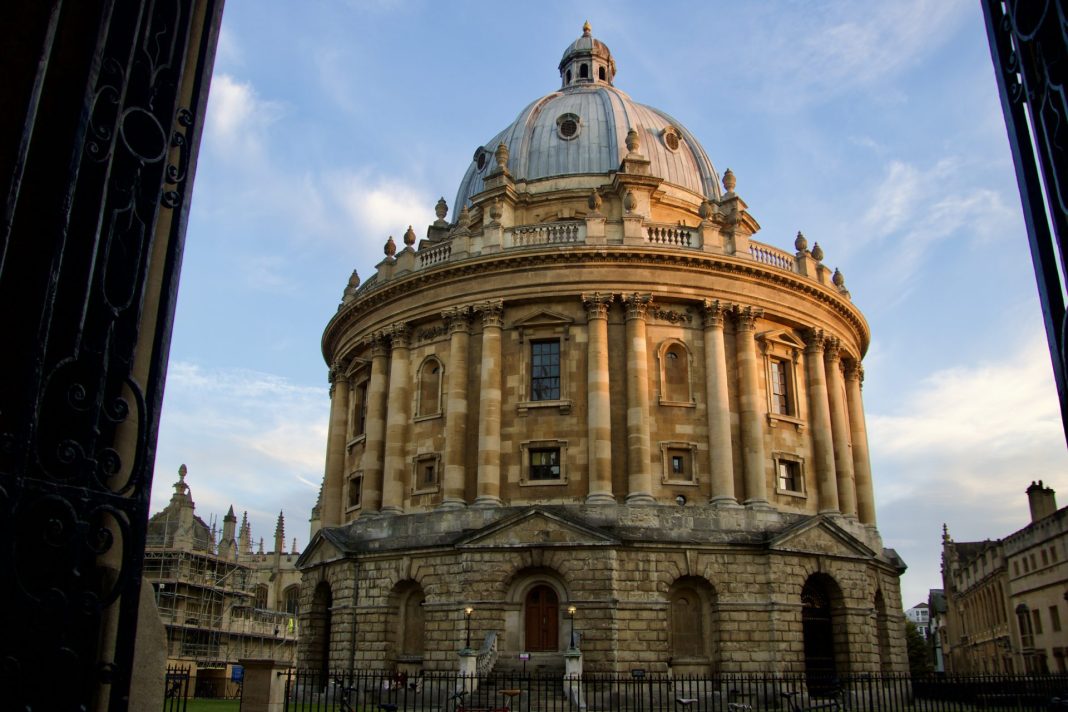Oxford Action for Palestine (OA4P)’s encampment in front of Radcliffe Camera disbanded in the early hours of 8th July, hours after the deadline given by Oxford University. Contractors began clearing the Rad Cam lawn shortly after.
This follows 64 days of protests since OA4P first established an encampment in front of the Pitt Rivers Museum. Two weeks later, the encampment expanded to the Rad Cam lawn. After the end of term, the University began clearing the Pitt Rivers Museum site and sent out a notice that if the Rad Cam encampment did not leave by 7th July, the administration would apply to court for a possession order.
A statement from OA4P said: “In the interest of our members and of the movement for Palestine, we have decided to redirect our momentum towards other forms of action: organising, political education, and the continued growth of our coalition.
“The negotiations team for OA4P has stated a continued intention to dialogue with the University for as long as the University indicates progress on the coalition’s demands.”
Following the vacation, two dozen protesters also “picketed” at the administration offices in Wellington Square to “disrupt entry”, according to the statement.
Since the end of term, numbers at the encampment had dropped as most students returned home, with mostly graduates and postgraduates remaining.
OA4P originally listed seven demands, primarily targeting the University’s finances. The University has announced an “accelerated review” of its investment policy as well as scholarships and fellowships for Palestinians. The other demands, including divesting from arms companies and Barclays Bank, remained unmet.
In response, the University commented that: “The University welcomes the disbanding of the camp outside the Radcliffe Camera. We are now assessing the state of the lawn and what further action is required to clear and restore the site.
“The University has consistently expressed grave concern about the horrific events unfolding in Gaza. As a community, we hope for a peaceful end to the conflict, a permanent ceasefire, the urgent delivery of vital medical aid and food, and the safe return of all hostages.
“Senior leaders of the University have been meeting regularly with a range of student and staff groups. We are committed to meeting with members of our community to understand and respond to their concerns, and consider how we can best contribute to rebuilding higher education in Gaza.”


